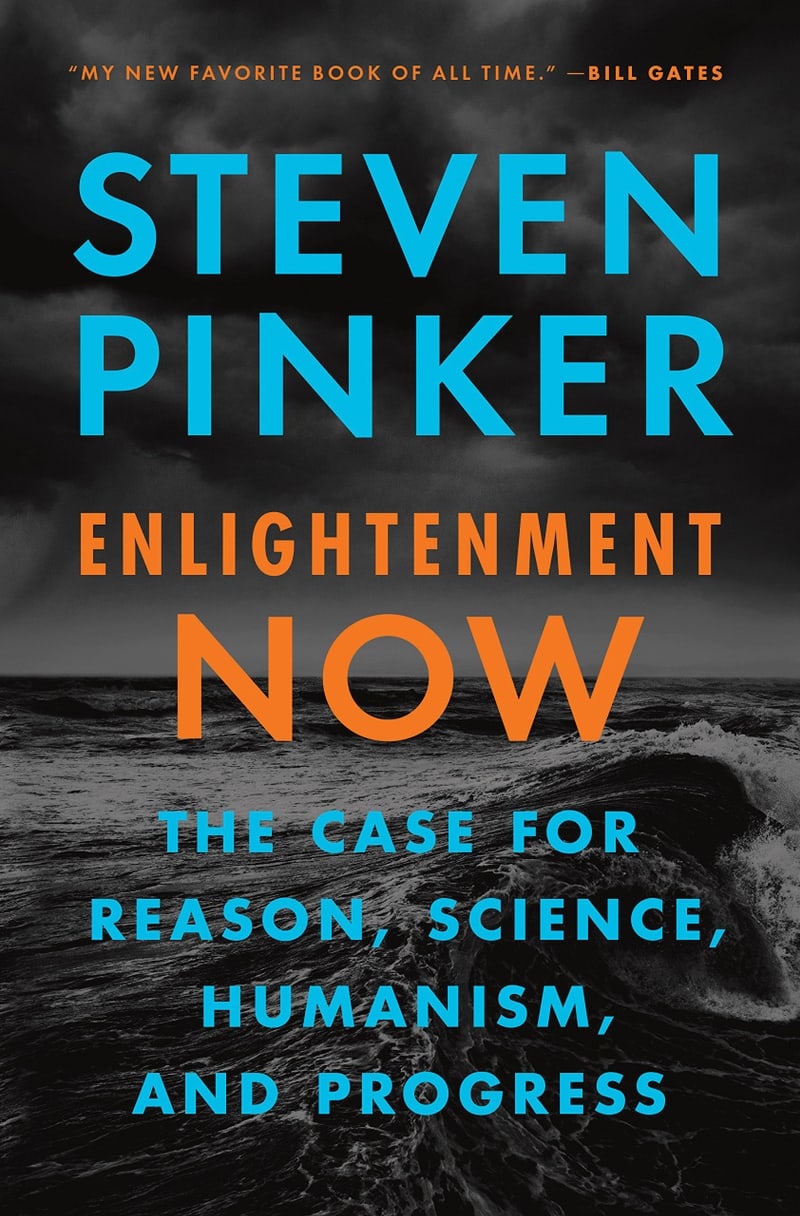

Many of us, including scientists and other STEM professionals, are apparently in need of such a primer. In fact, the book's early chapters can be read as a kind of rationality primer, focusing on deductive and inductive logic, rational choice theory, and various branches of statistics. Toward the end of his new book, he suggests rationality should be taught in schools as the "fourth R," alongside reading, writing, and arithmetic. Pinker, the Harvard cognitive psychologist and linguist known for a string of popular science books, believes the world would be a better place if we could learn to be more rational.

In fact, 37 percent of us believe in haunted houses while only 32 percent believe in ghosts - which means, as Pinker notes, "that some people believe in houses haunted by ghosts without believing in ghosts." Pinker points out that 55 percent of Americans believe in psychic healing, and 41 percent believe in extrasensory perception, according to a 2005 Gallup survey. It's not just conspiracy theorists who hold non-evidence-based beliefs. As Steven Pinker puts it in his latest book, " Rationality: What It Is, Why It Seems Scarce, Why It Matters," we're left wondering "why humanity appears to be losing its mind." There is, of course, no such network, and scholars have expended a great deal of energy trying to explain why some people (some of whom moved on to become supporters on QAnon) believed there was. In December 2016, a North Carolina man armed with a rifle entered a pizza restaurant in Washington, D.C., in order to halt what he believed was a child sex-trafficking network run by Hillary Clinton and prominent Democrats. This article originally appeared on Undark.


 0 kommentar(er)
0 kommentar(er)
